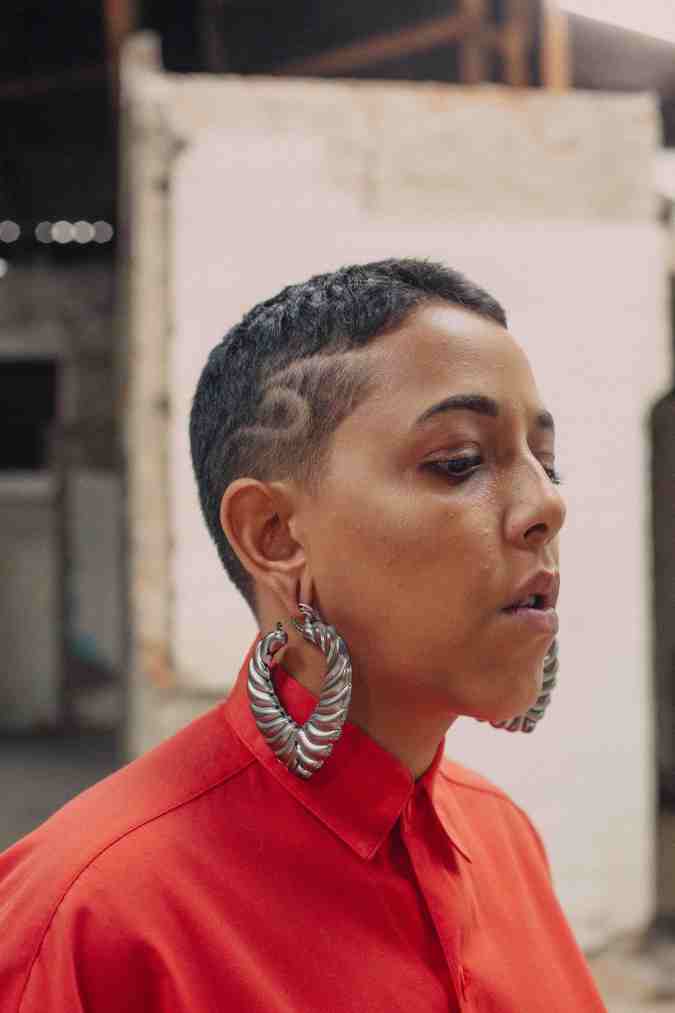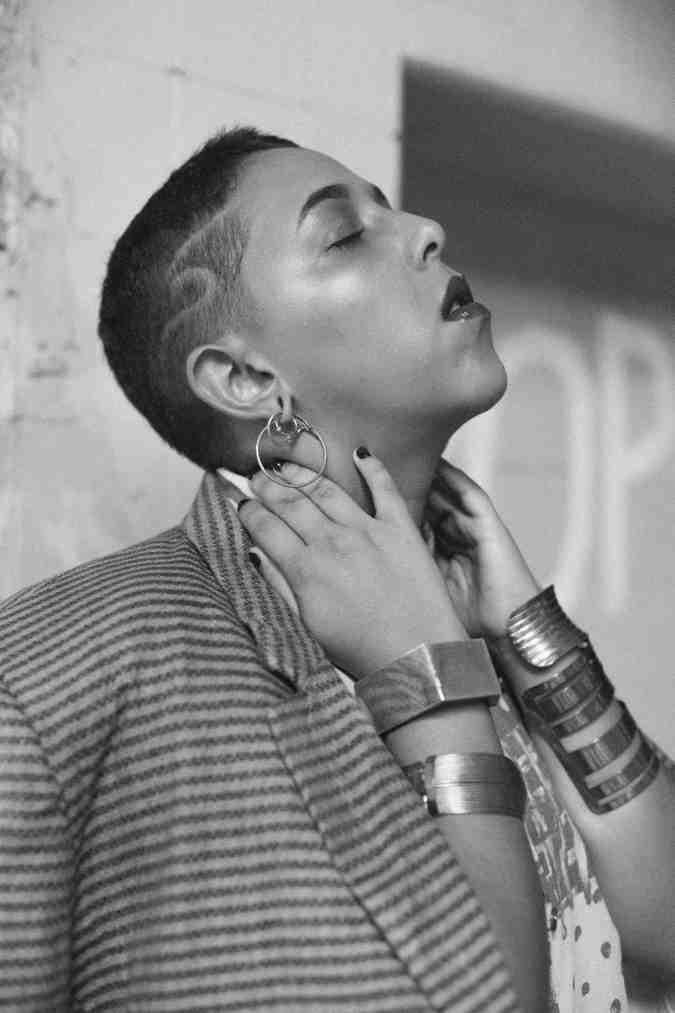Carnaval de Bahidorá is just days away, and before you head out to the heavenly musical getaway awaiting you in Las Estacas, Morelos, we want to rev your engines one last time with a closer look at one of the artists poised to turn heads.
Born and raised in São Paulo, Rafaela Andrade, better known as BadSista, has become one of the foremost DJs and producers in Brazil’s underground club scene. Her expansive, baile funk- and dancehall-infused electronic mixes are a favorite among club kids searching for a night of carefree twerking, and providing spaces that are safer for all dancers remains a top priority at her events.
Inclusiveness and empowerment are pillars of the new wave of parties that has emerged in Brazil over the last five years, many of which cater specifically to women, people of color, and LGTBQ folks. And as BadSista explains, in the face of stagnant institutions, sometimes you need to be the change you wish to see in the world.

“When these parties started happening, it was about giving power back to the people,” she tells me over the phone. “If we go to a party and are made to feel strange, it’s not for us. So we decided to start organizing events for ourselves.” She cites parties like BATEKOO, which puts a spotlight on black talent of all genders and sexual identities, as well as Marsha, which takes its name from trans activist Marsha P. Johnson and aims to provide a space for Brazil’s trans femmes to revel in peace. “When I party with the trans girls,” she says, “I feel safe. I feel like it’s a warm place. You’re there to have fun, and everyone is celebrating together because our life is not only struggle.”

“You’re there to have fun, and everyone is celebrating together because our life is not only struggle.”
Along with fellow DJs BLACKAT, Sijeh, and Tatiane Lisbon, BadSista is a part of the BANDIDA Collective, which is making sure the impact of these parties is not lost in time. Only women play at BANDIDA’s parties, and in an effort to keep expanding the talent pool, the collective has begun organizing workshops where they teach up-and-comers the basics of the trade. BANDIDA’s work even earned a small government grant, which they were able to put towards CDJs and new speakers. However, as the newly elected Bolsonaro government remains hostile towards underrepresented groups, BadSista emphasizes why these grassroots movements and micro economies remain vital to the survival of her community.
“Right now, I don’t know how it’s going to be. This country is getting so crazy,” she says, dismayed. “The rich guys, they always make their money inside their bubble, so we have to do the same thing. We have to make money for us. This is why it’s important to have parties where girls, trans people, and black DJs are playing, because we need money too.”
This acute awareness of economic impact is one BadSista takes to heart, particularly as Brazilian rhythms become increasingly popular on the international stage and producers from the U.S. and Europe benefit while pouring few of their profits back into the communities from which they drew their inspiration.
“Do you know Sango?” she asks me. “He came here and everyone welcomed and showed him so much stuff, taking him to a lot of parties, a lot of bailes. Then he went back to the U.S., took all that people gave him, made his money, played everywhere, but everything here stayed the same. He didn’t do anything for the people who helped him find all this music; he just used them.”
BadSista is both reverent and protective when she speaks of Brazilian music, largely because she understands the historical context and struggle behind different rhythms. She describes baile funk from São Paulo and Rio de Janeiro, brega from Recife, and forró from Northeastern Brazil as “the music of poor people,” likening the socio-economic contexts of these regional staples to global phenomena like cumbia and reggaeton.

“We love showing off. We have great music here,” she adds thoughtfully. “But when you put it in Diplo’s hands, he’s going to use it and make a lot of money. He’s not going to call you to co-produce the music or put your name on anything so you can make some money too.”
“I want to meet the people who don’t have money and are still killing it.”
BadSista also tells me that her new album is slated for release later this year, teasing collaborations with rappers Linn da Quebrada and Brisa Flow and aiming for a sound that is “good on the dance floor, but also for crying in your bed.” Her highly anticipated Bahidorá appearance is part of an evolving focus, where, after performing around Brazil and numerous trips to Europe, the talented and conscientious producer is eager to play for more audiences who can relate to her sonic world. BadSista is scheduled to play two sets at Bahidorá: an explosive, late-night dance party closing La Estación stage on Saturday, and the other a revitalizing Sunday morning ambient session.
Most of all, BadSista is looking to experience new sounds, work with artists outside her circle, and shake up the status quo. “When I travel, I always meet the people who have the money to do stuff,” she says before signing off. “But when I’m in Mexico, I want to meet the people who don’t have money and are still killing it.”
BadSista plays Carnaval de Bahidorá on February 16 and 17. For more info, click here.




